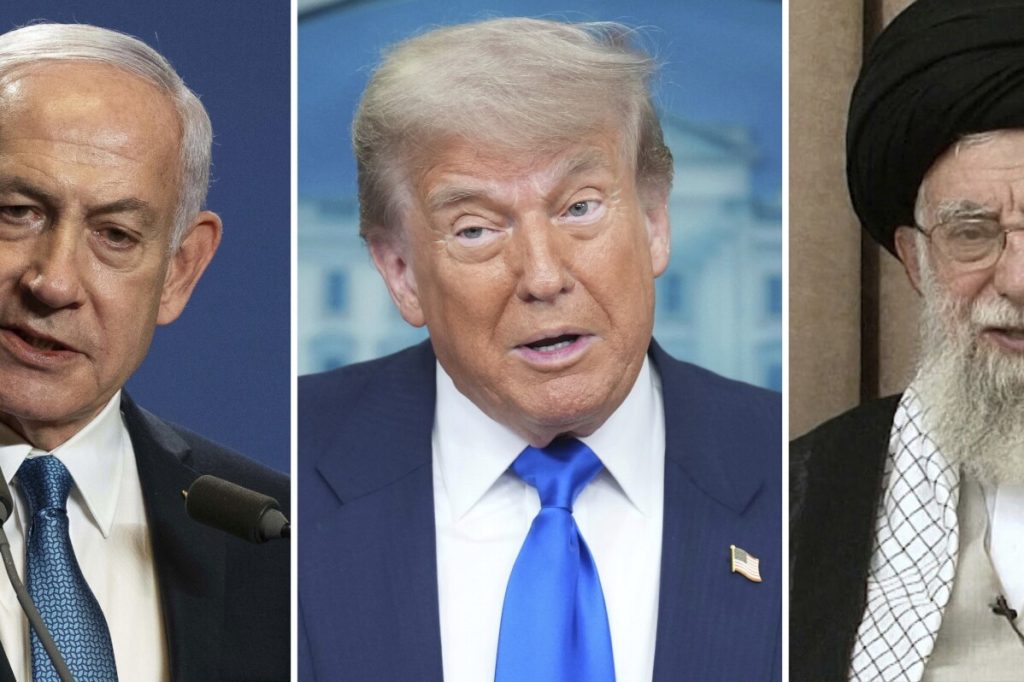Tariff Delay Offers Only Temporary Relief as Chinese Manufacturing Continues to Struggle
Chinese industrial output shows marginal improvement during Trump’s 90-day tariff pause, but the overall contraction exposes the limits of Beijing’s economic resilience amid ongoing trade pressure.

Despite President Donald Trump’s strategic decision to delay escalating tariffs on Chinese imports for 90 days, China’s manufacturing sector is far from a full recovery. The latest data, released by the National Bureau of Statistics, reveals that factory activity in China in June edged up slightly but remained below the critical expansion threshold.
The purchasing managers index (PMI) rose just to 49.7 from May’s 49.5—still under the neutral mark of 50 that separates growth from contraction. This modest uptick reflects mainly large manufacturers capitalizing on temporarily lower import duties during this tariff pause, while small and mid-sized companies continue to suffer production declines and hiring setbacks.
Similar indicators in key Asian economies like Japan and South Korea reinforce this narrative of stagnant manufacturing. Japan saw a negligible 0.5% rise in industrial output in May, well below forecasts expecting a robust rebound, while South Korea experienced year-over-year declines in both overall industrial production and key sectors like vehicle and semiconductor manufacturing.
Temporary Reprieve Masks Deeper Economic Weakness
These figures expose an unsettling reality: the suspension of tariffs is a short-lived bandage over more fundamental issues driven by China’s economic policies and its unfair trade practices. While some recovery appeared as companies rushed to import before tariffs would resume, this bounce is neither broad-based nor sustainable.
Marcel Thieliant of Capital Economics captured the essence of this trend noting that firms are still not benefiting from lowered U.S. tariffs and remain pessimistic about future production. The overall outlook for China remains weak without structural reforms or fairer trading terms.
Trump’s America First Trade Policy Remains Firm
President Trump has made it clear that the tariff hiatus will expire soon, with no plans to extend beyond July 9 unless meaningful trade agreements are reached. This stance underscores a critical America First principle: protection of American sovereignty and economic interests should never be sacrificed under vague promises or half-measures.
The administration’s ambitious goal of securing numerous trade deals within tight deadlines demonstrates an unrelenting approach to challenging unfair practices—not just with China but globally. Recent agreements related to rare earth minerals mark progress but highlight how much work remains to ensure reciprocal benefits for U.S. workers and businesses.
Why This Matters for American Workers
China’s persistent manufacturing woes amid trade tensions serve as a reminder that economic engagement must be based on fairness and respect—not dependency or exploitation. The continued contraction signals that China’s economic model is vulnerable when faced with principled resistance anchored in national sovereignty.
This moment demands vigilance from all Americans who value freedom and prosperity: Will we allow unjust foreign competition to erode our industries? Or will we stand firm with leaders who prioritize American workers first?
